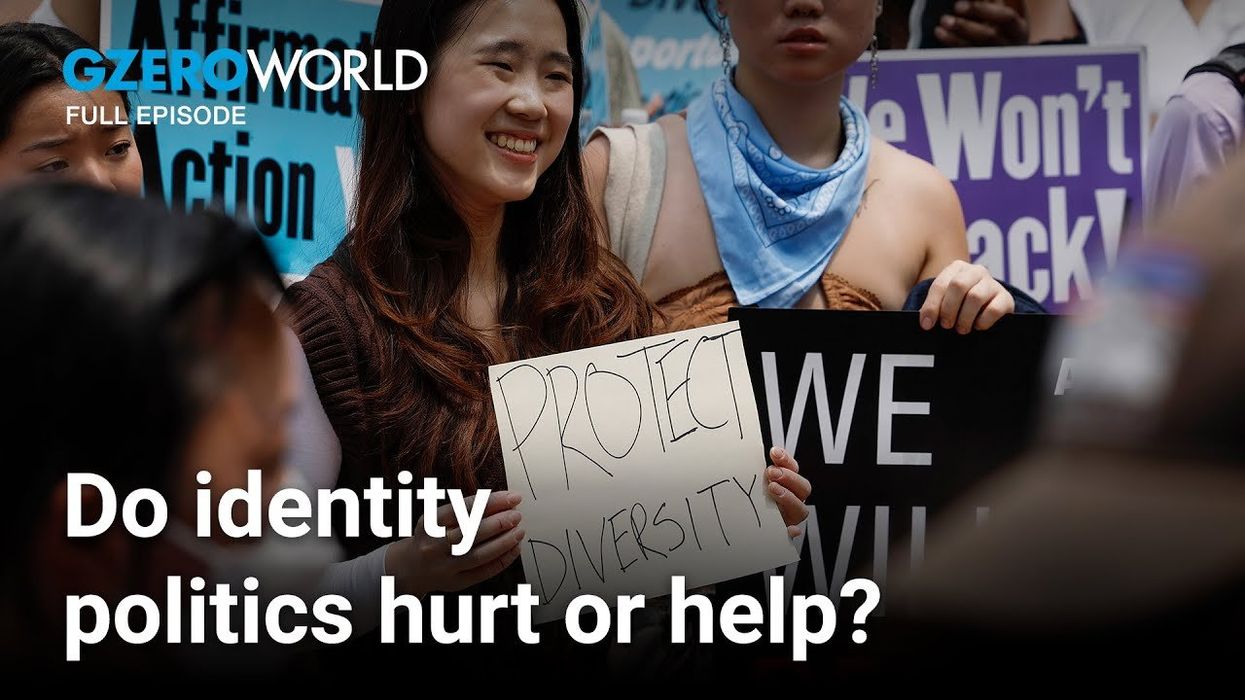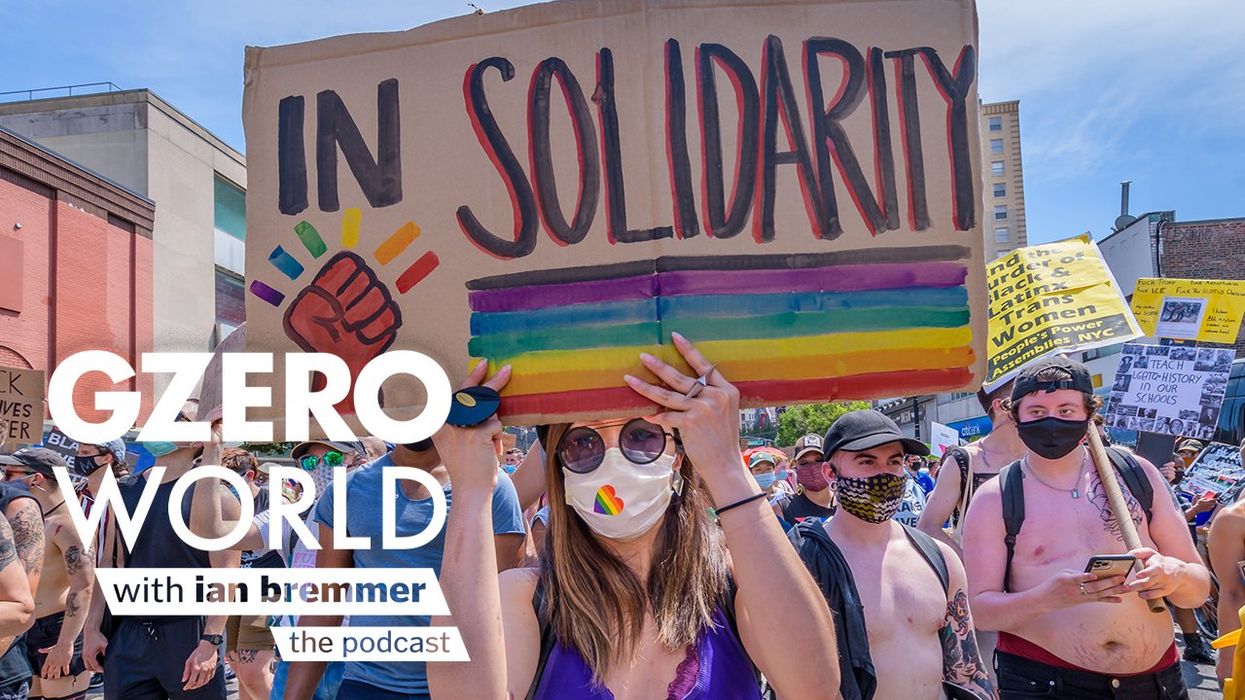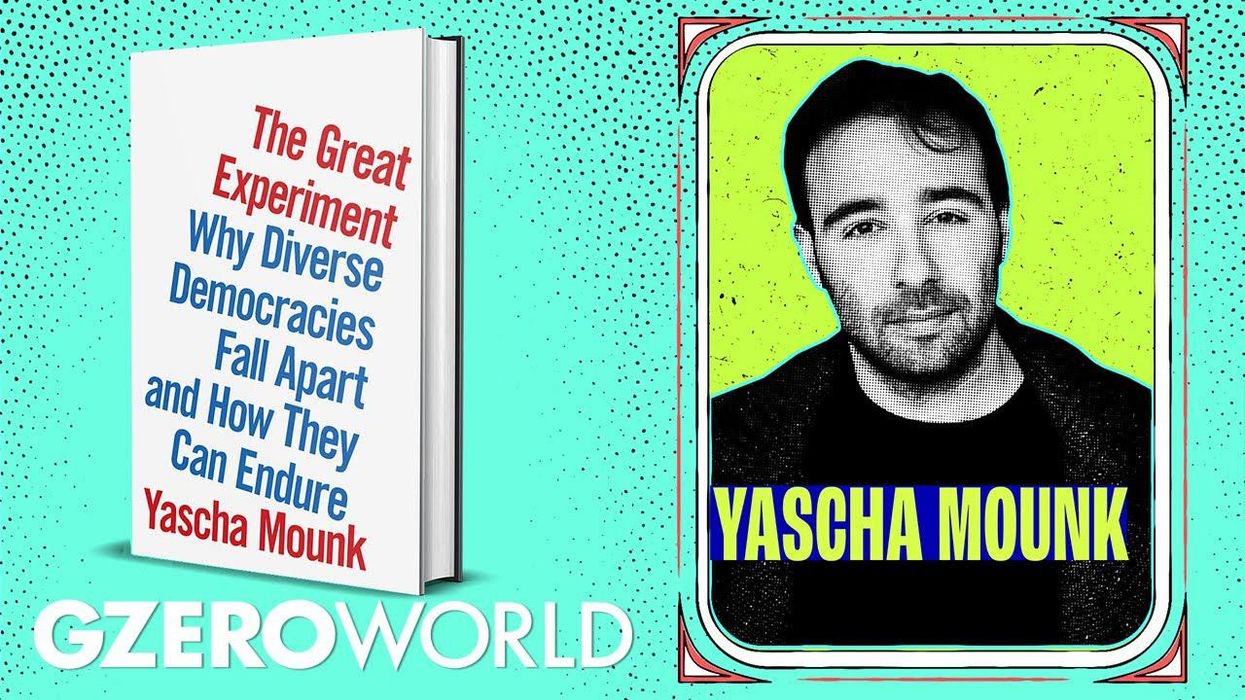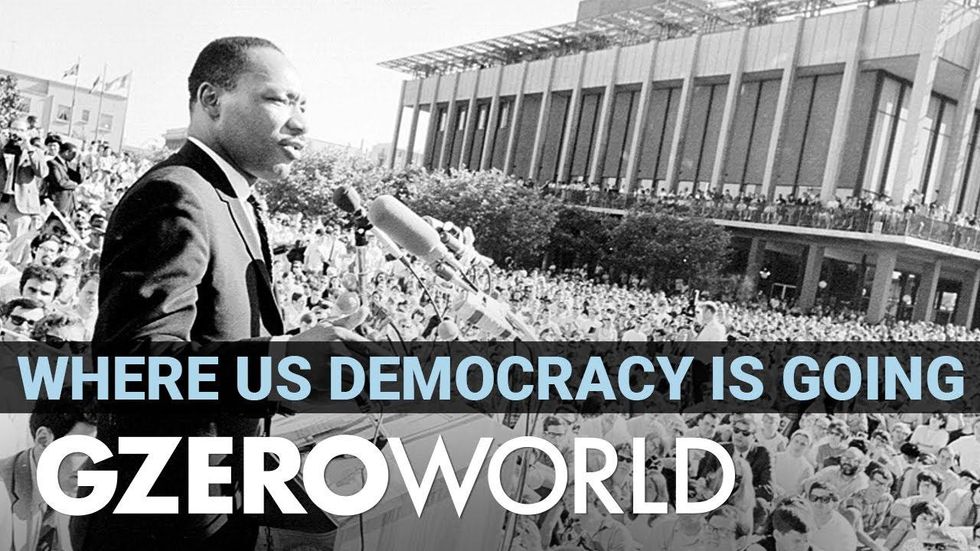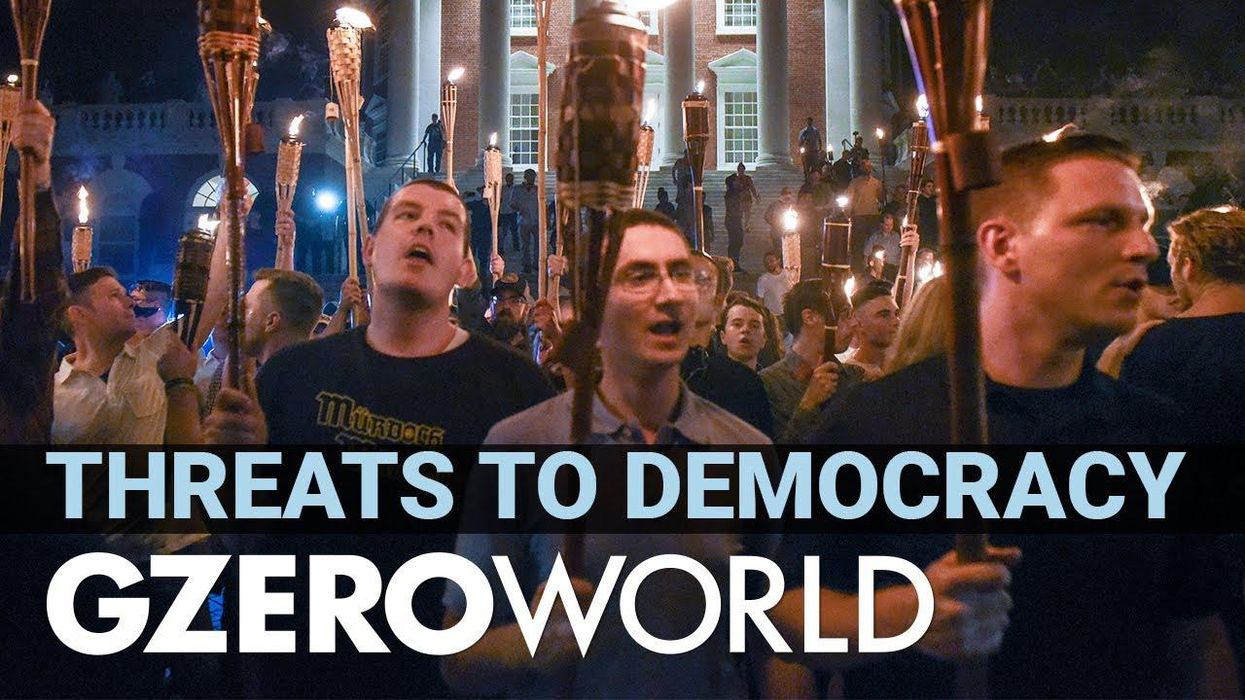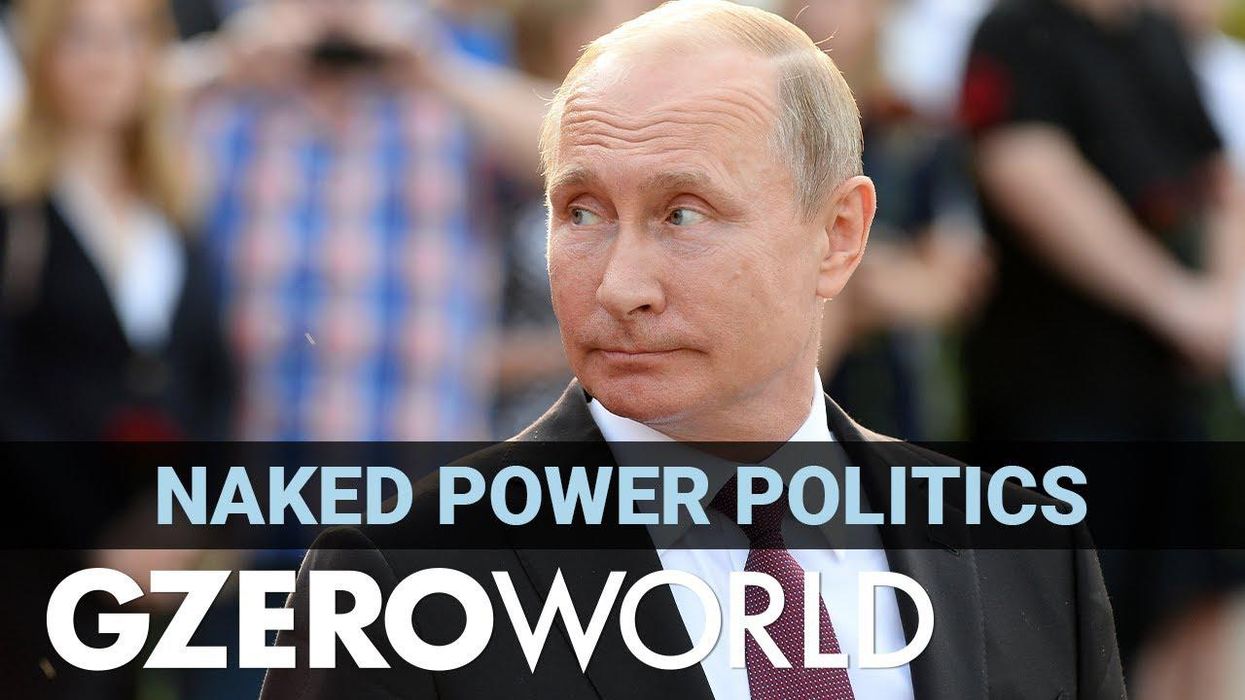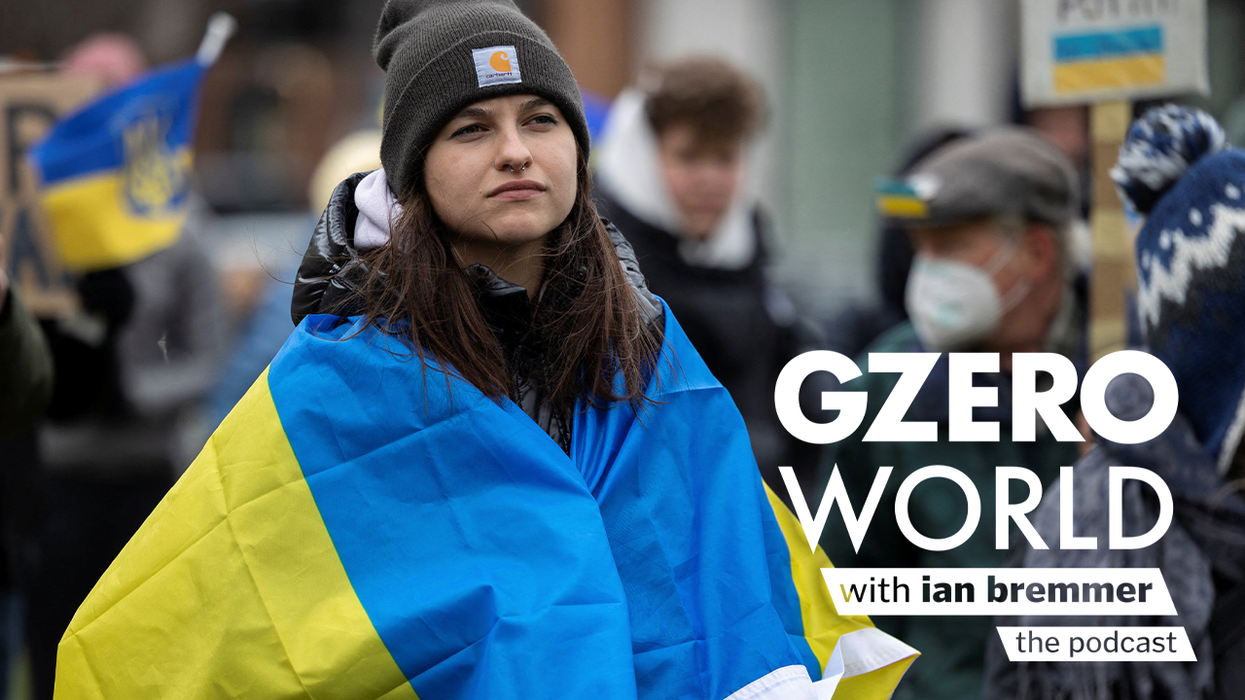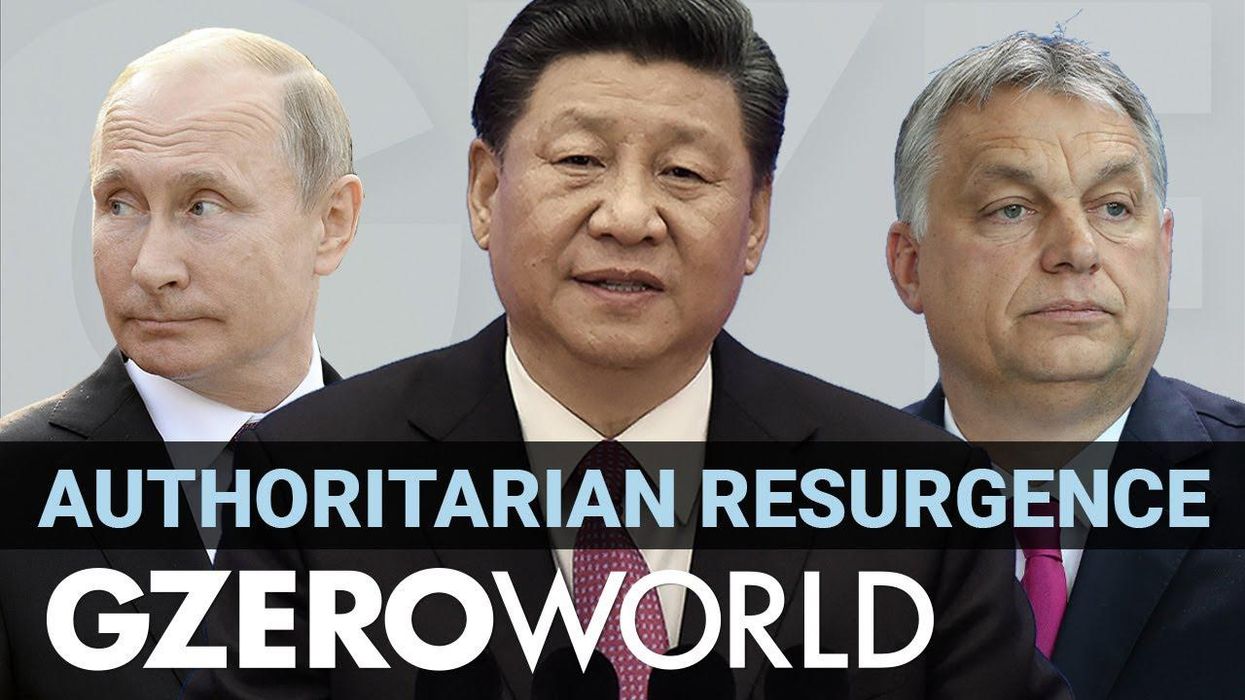GZERO World with Ian Bremmer
The identity politics trap
Despite good intentions from the left, does focusing on identity politics hurt our society more than it helps? On GZERO World with Ian Bremmer, political scientist and author Yascha Mounk weighs in on identity, politics, and how those two combine to create the complicated, contentious idea of “identity politics.”
Jan 22, 2024
